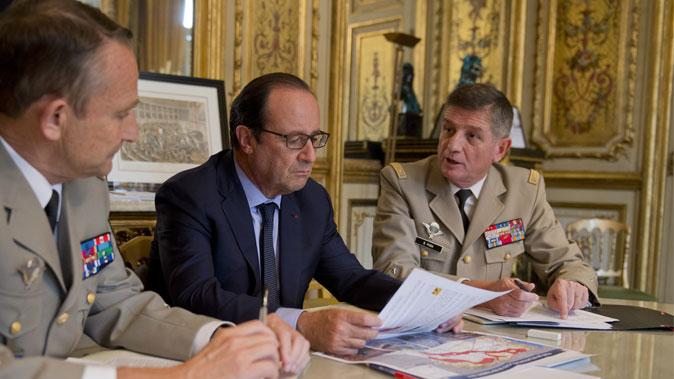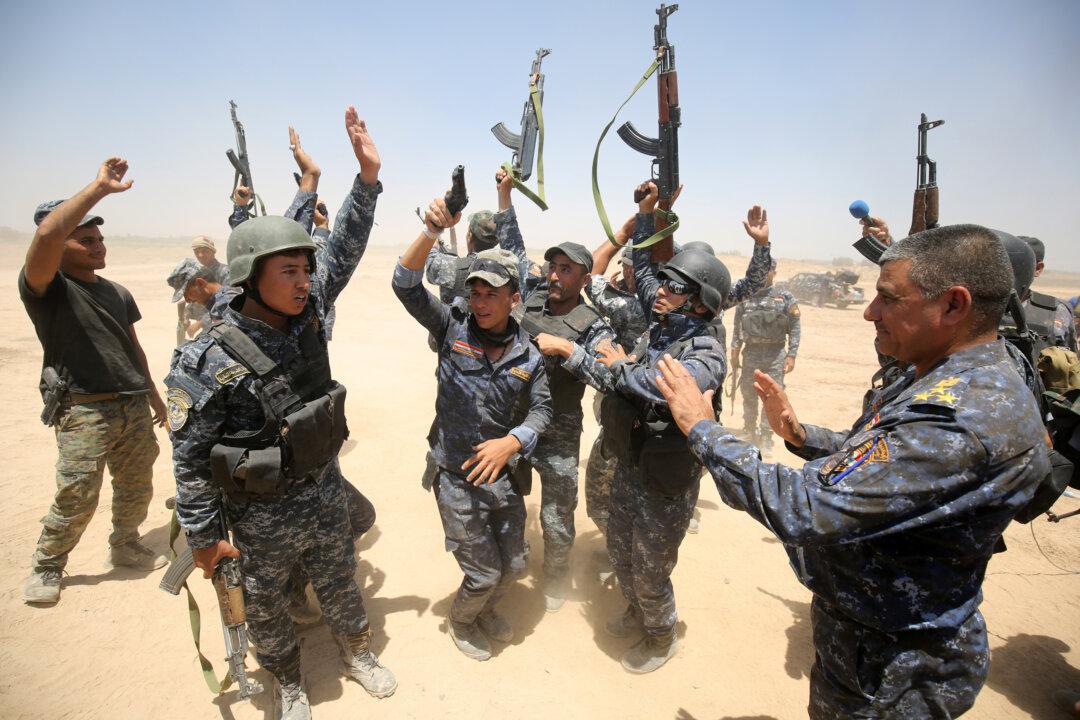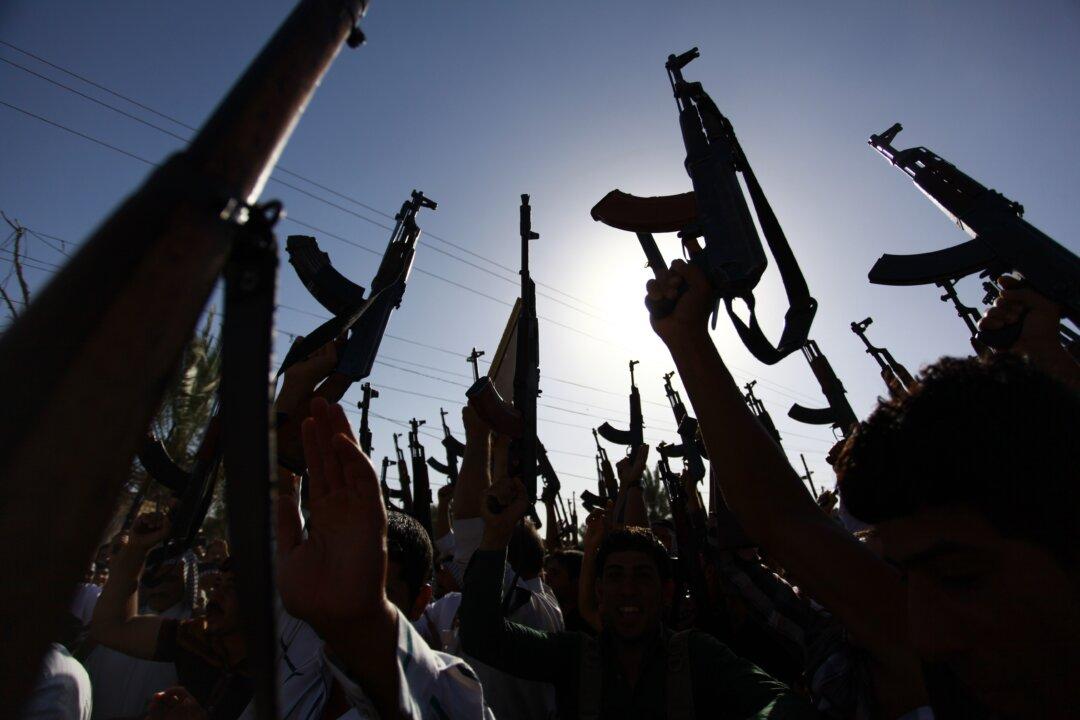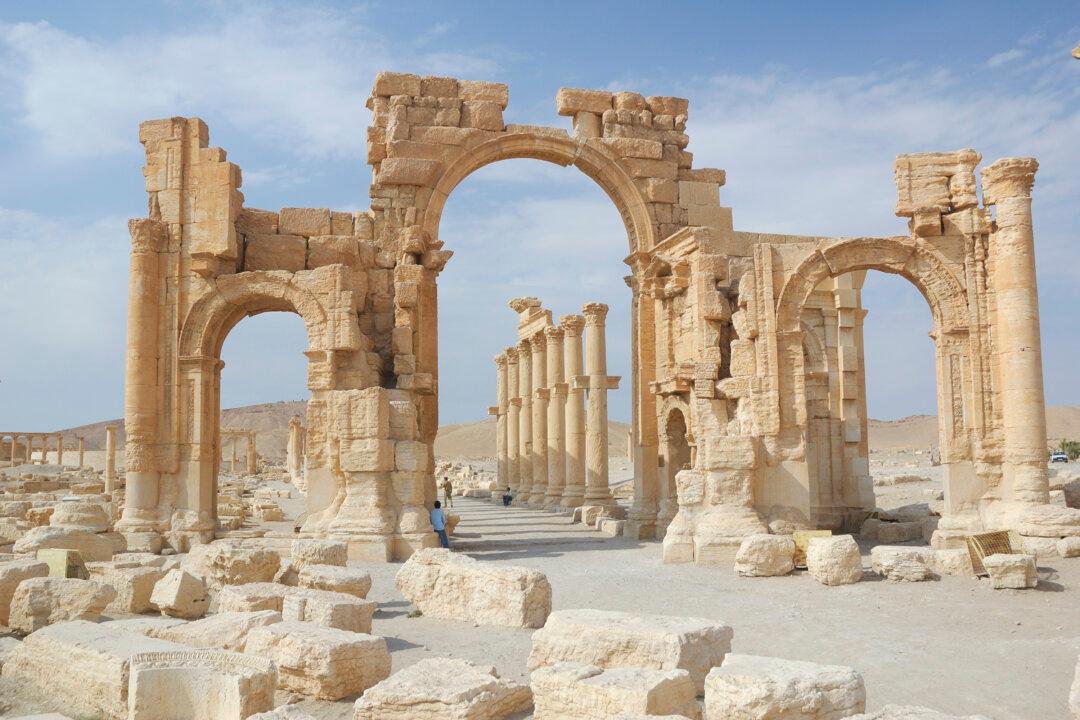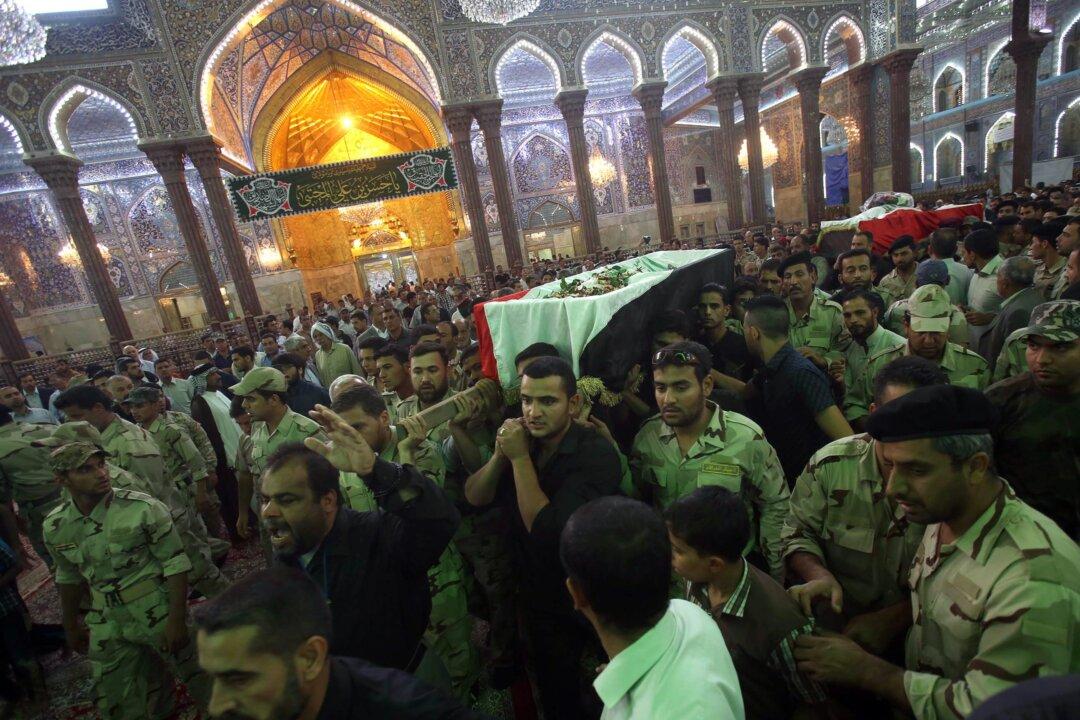The brutal attack on the staff of Charlie Hebdo has rightly led to powerful calls to protect freedom of expression, with large demonstrations of support in Paris and other French cities, complemented by statements of condemnation in the press across Europe.
The attacks are particularly shocking to many outside France because they seem to have come out of the blue. To people in France itself, this feels rather different: there have, after all, been a number of attempted and foiled attacks in recent months.
And France is directly engaged on the frontline in two long-running battles against Islamic extremism: one in the Sahel, and the other in the Middle East.
Escalation
That reality was lent a chilling immediacy by a report that surfaced in Agence France-Presse only hours before the Charlie Hebdo atrocity.
It reported that president Hollande was planning to announce in his New Year’s speech to the armed forces that the French navy is to deploy its sole aircraft carrier, the nuclear-powered Charles de Gaulle, to the Gulf at the head of a task group to support anti-Islamic State operations in Iraq.
France was the first western state to join the United States in the air war in September 2014, and it currently has strike aircraft operating from bases in Jordan and the United Arab Emirates. The Charles de Gaulle deployment will more than double the number of planes available, adding Rafale and Super Etendard strike aircraft.
This should remind us that although the U.K. is deploying Tornado strike aircraft and Reaper drones, and Canada, Australia and Belgium are among other states making smaller contributions, France remains the leading non-U.S. state involved in the war. As of December 2014, French aircraft had already carried out well over 100 sorties, comprising both air strikes and surveillance operations.
The Long Haul
France’s involvement in the Sahel, principally Mali, got much attention in the West when it was ramped up in 2013, but it’s since had scant coverage outside the French media.
One exception is Richard Reeve’s analyses for the Oxford Research Group, especially his two-part study at the start of 2014 and his more recent update the following November.
Jane’s Defence Weekly, for example, reported that the French had recently completed Operation Tudelle, which involved 3,000 French military operating across Mali and Chad, pointing out that “all the indications are that France’s military involvement in Mali is set for the long term.”
And just a day before the Paris attack, Mali’s foreign minister, Abdoulaye Diop, appealed for intervention in Libya to counter cross-border paramilitary movements there, an appeal that may well be received favourably in Paris.
France’s military interventions in both the Middle East and the Sahel are escalating, and they will be long-term. None of this may have any direct connection to the Charlie Hebdo massacre, but the wider context matters all the same.
Whatever specific motives lie behind what happened in Paris, and however much we rightly condemn it, we are missing part of the picture if we do not see it as part of something very much bigger, part of a worldwide war against Islamic extremism – a war that is now into its 14th bloody and chaotic year.
Paul Rogers is a professor of peace studies at the University of Bradford in the U.K. This article was originally published on The Conversation.
